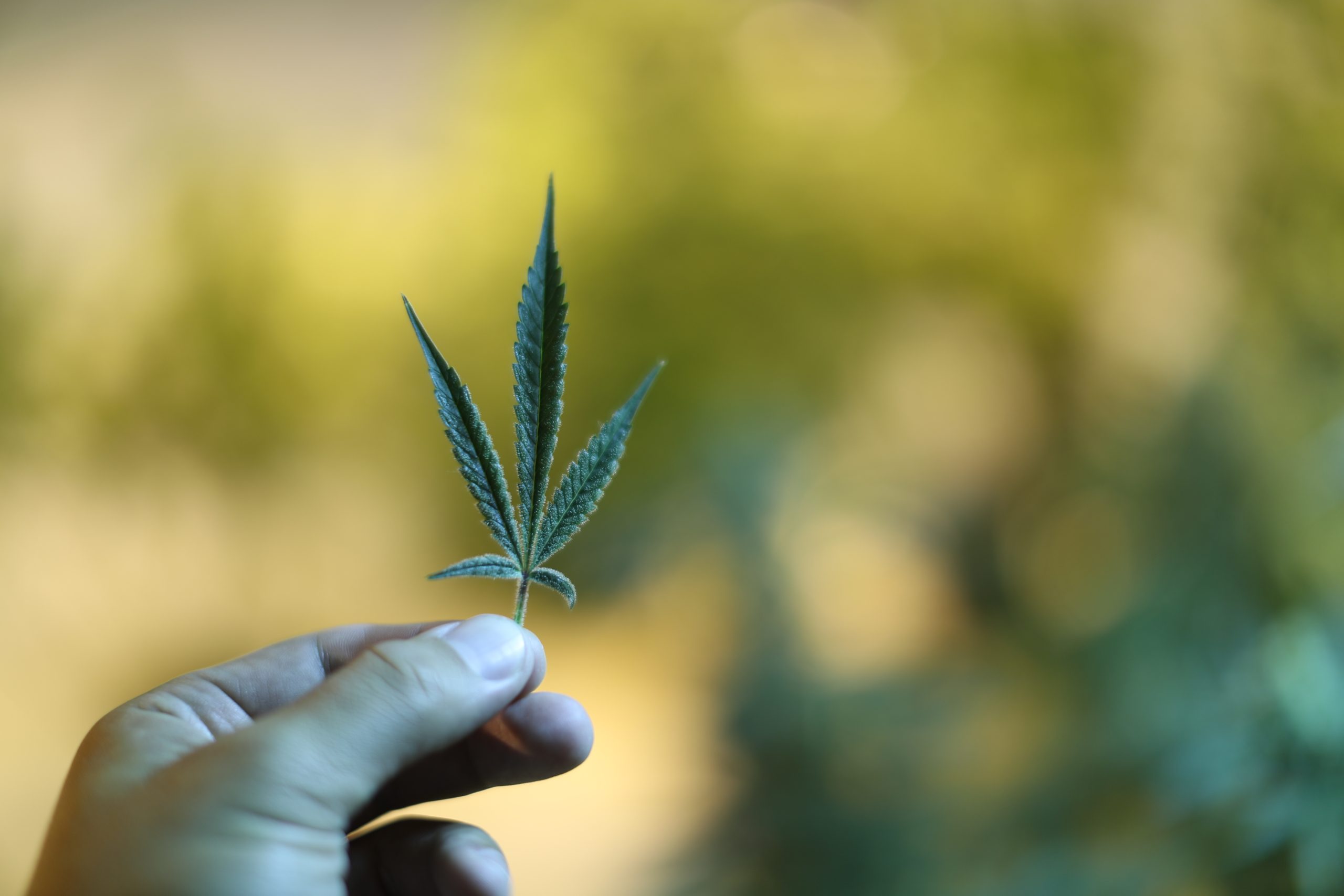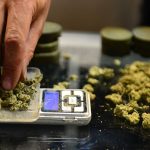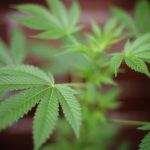Marijuana now has an accepted medical use.
The US Food and Drug Administration announced today, Monday June 25, the approval of the country’s first marijuana-based prescription medication. The drug is called Epidiolex and is a plant-derived oral solution of cannabidiol (CBD)—a chemical component of marijuana that does not cause intoxication or a euphoric “high.” The FDA approved it for use in patients aged two and older who suffer from rare and severe forms of epilepsies known as Lennox-Gastaut syndrome and Dravet syndrome, which can develop early in childhood. Epidiolex’s approval also marks the first time the FDA has approved a drug to treat Dravet syndrome.
With the historic approval, the London-based company behind the drug, GW Pharmaceuticals plc, is expecting another consequential decision in the coming weeks: getting the US Drug Enforcement Administration to reclassify CBD. The move could open the doors to other marijuana-derived medications as well as ease heavy restrictions on marijuana-related research.
Currently, CBD—as with other marijuana components—is classified as a Schedule I drug by the DEA. Schedule I drugs include heroin and LSD as well as marijuana. They’re defined as substances with high abuse potential and “no currently accepted medical use.” As such, Schedule I drugs are strictly regulated, and use of them—including medical use—is against federal law. GW won’t be able to market Epidiolex until the DEA reclassifies CBD.
But the agency is expected to do just that. The FDA noted in its announcement today that it informs and advises the DEA about scheduled substances. In April, an expert advisory panel for the FDA voted unanimously to recommend Epidiolex’s approval and determined that “CBD has a negligible abuse potential.”
The DEA did not immediately respond to Ars’ request for comment. But GW said it expects that the DEA will reschedule CBD within 90 days.
In a statement, GW CEO Justin Gover said:





 Loading comments...
Loading comments...
